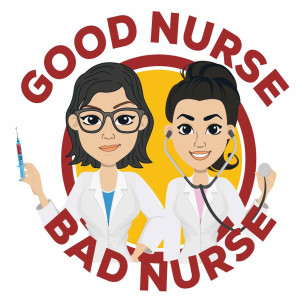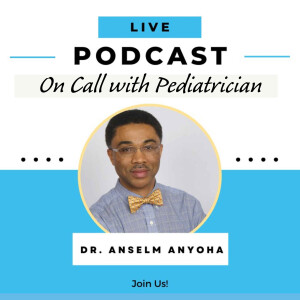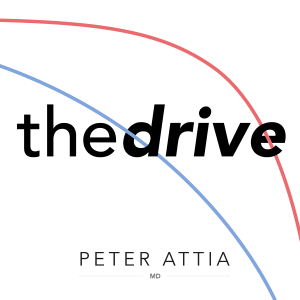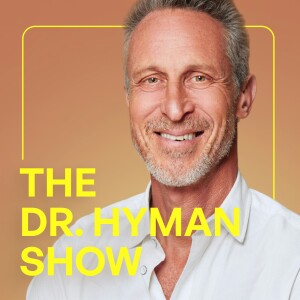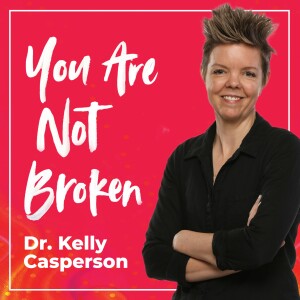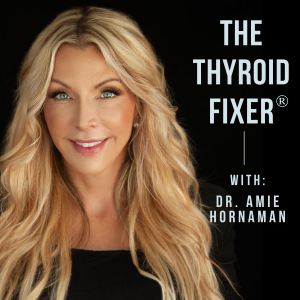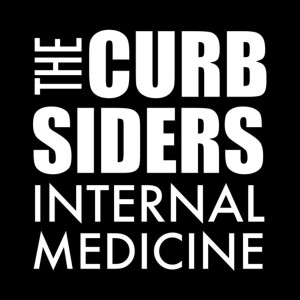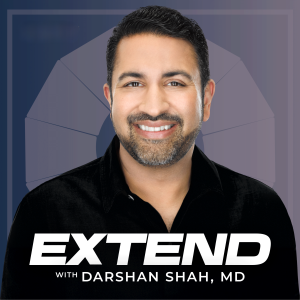

Autologous stem cell transplantation (ASCT) has been the standard of care patients with multiple myeloma for the past three decades; however, high-risk patients still have poor outcomes. Many bispecific antibody therapies are currently under investigation for the treatment of myeloma, such as blinatumomab, teclistamab, talquetamab and cevostamab, and the chimeric antigen receptor (CAR) T-cell therapy, idecabtagene vicleucel, became the first CAR-T therapy to receive FDA approval for the treatment of multiple myeloma in March 2021. With CAR-T and bispecific antibodies demonstrating deep and sustained remissions, the role of ASCT in the future treatment of myeloma has become a subject of debate.
In this podcast, Hermann Einsele, MD, FRCP, of the University of Würzburg, Würzburg, Germany, and Parameswaran Hari, MD, MRCP, MS, of the Froedtert Hospital Cancer Center, Milwaukee, WI, discuss the benefits and drawbacks of the two immunotherapeutic modalities, CAR-T and bispecific antibodies as a replacement for ASCT in multiple myeloma.
More Episodes
All Episodes>>Create Your Podcast In Minutes
- Full-featured podcast site
- Unlimited storage and bandwidth
- Comprehensive podcast stats
- Distribute to Apple Podcasts, Spotify, and more
- Make money with your podcast
